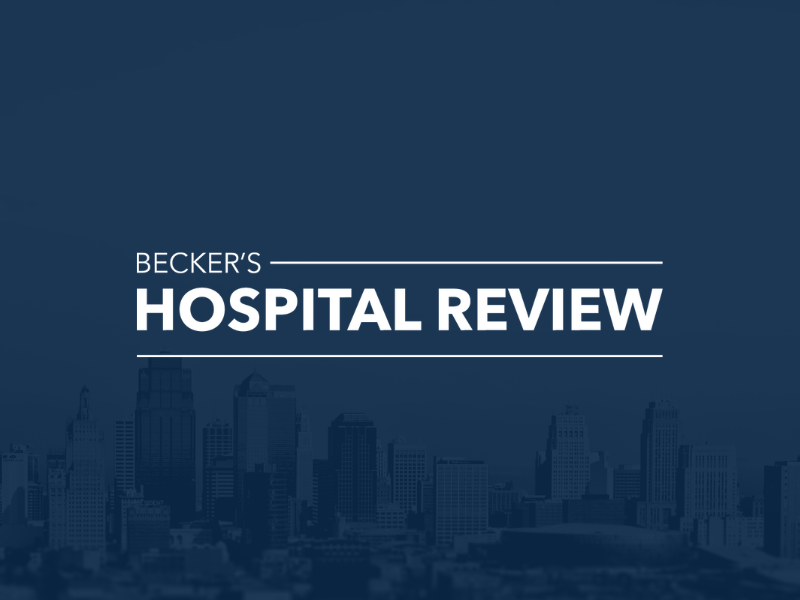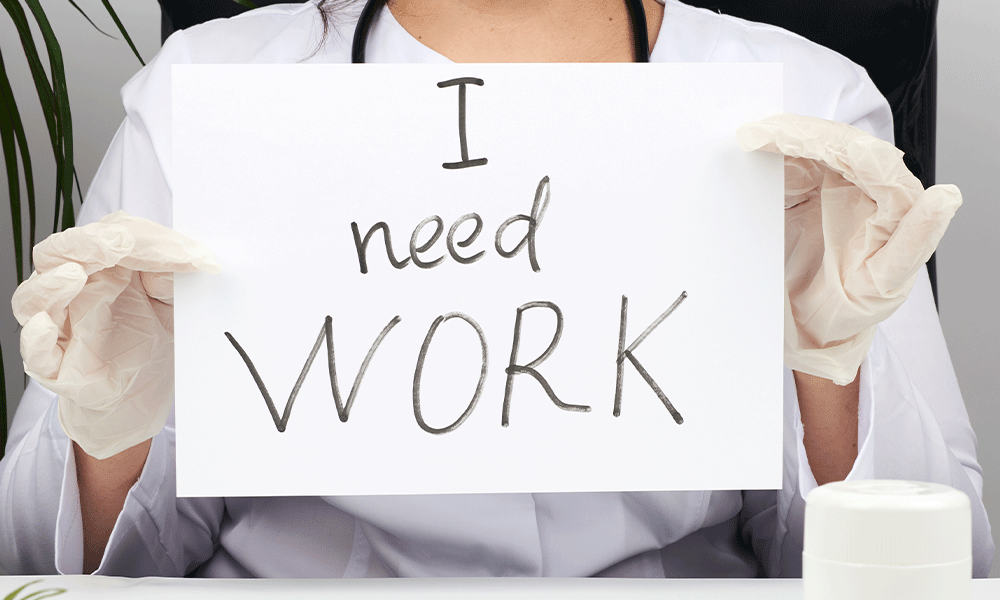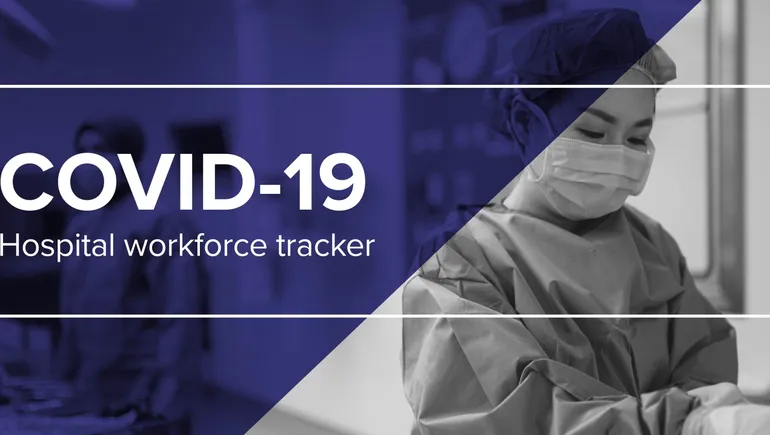I agree with OP that med schools are going overboard with their unspoken requirements, and EC caps are a great idea. Goro's got a point but misinterpreted the post he was quoting. That person was not suggesting doing away with ECs, just putting a cap on them. Why? TrigeminalNeuralgia just explained it there: after a certain number of EC hours, there isn't much benefit for the student or the admission committee.
I commented here on something similar a while ago, and one of the adcoms people here pretty much admitted to using volunteer hours to rank applicants because they "needed some metric" to tell apart so many applications. That was the reason. Sure, it tells you the applicant was exposed to service, but more hours of service do not necessarily translate to "learning more service" or developing a better attitude toward it. Since it has become a requisite, everyone does it because it is required. This is in detriment of low SES and minority applicants, who don't come from privileged backgrounds that allow them the time off to fulfill often absurd service time requirements.
Actually, the post I commented on was someone who was saying they didn't have the transportation means to go and do many service hours, and everyone's reply was basically a iteration of 'shut up and suck it up.' Does this sound like med schools are making "big strides" (like someone commented here on this post) toward alleviating the burden for low SES and minority applicants? As long as med schools keep ranking students using "metrics," they will go nowhere when it comes to diversity. They actually haven't. All the years leading to the 2018 matriculant income background report by AAMC showed NO improvement whatsoever in the huge (and that's an understatement) bias toward high income matriculants. Gee, I wonder why they haven't released a new or yearly income report(!)
To OP's point, yes, there needs to be a push toward standardizing the admission process. Med schools' current 'holistic' review is basically asking applicants to do as many different things as possible and as much in each as possible. I understand the need to standardization through quantitative means, but you can't really quantify much the qualitative aspect of someone's service attitude using the total amount of hours. A professional interviewer, like some other post here suggested, could do much more toward that end.





